
By Valentina Pop
http://euobserver.com/search/author/229
Brussels - On its first day at work, the new centre-left Danish government agreed to roll back a controversial enhanced border checks policy introduced by the previous executive.
“The government will work to effectively combat cross-border crime within the Schengen co-operation ... The plans from May 2011 to build new control facilities at the Danish borders will not be carried out,” the coalition agreement reads. Led by the Social Democratic prime minister, Helle Thorning-Schmidt, the new cabinet pledged to respect the "common rules that apply in the EU".
Earlier this year, the previous centre-right government caved in to demands by the anti-immigrant Danish People's Party to increase border controls in return for securing the smaller party's support on pension reform.
Citing a rise in cross-border crime, the government announced "enhanced customs checks" and plans to re-construct border posts, scrapped when Denmark joined the border-free Schengen area in 1997. The European Commission and the German government promptly slammed the move as illegal.
Having reversed this controversial move, the Danish EU presidency, starting on 1 January 2012, will focus on "an offensive agenda in green and sustainable growth in the light of the international financial crisis and climate crisis."
The Thorning-Schmidt team is also free of the legacy of its predecessor which failed to reach an international agreement at the UN climate summit held in Copenhagen in December 2009. Climate talks have reached modest agreements last year in Cancun and will continue in Rio in June.
"The government will push for a 30 percent CO2 reduction in the EU in 2020 compared to 1990. We will work to ensure that EU internal market increasingly supports the demand for sustainable products and solutions," the coalition document reads.
A second priority for the Danish EU presidency will be to move the budget talks for the 2014-2020 period as far as possible. According to Danish diplomats, the new government may also consider asking for rebate of its own, if plans to scrap the British one turn out to be impossible to achieve, with Denmark being the EU's number one contributor per capita. "It will be increasingly difficult to sell this to our public," one diplomat told several Brussels-based journalists last week.
The only EU country to have opted out of the bloc's common defence policy, Denmark will also seek to abolish this via a referendum, the government agreement reads.
Another opt-out concerning justice and home affairs "prevents Denmark from participating in EU co-operation in the fight against organized crime, drug trafficking, terrorism, child pornography, money laundering, and cooperation on management of migration challenges, including illegal immigration and protection of trafficked women." The new government will seek to change this via a referendum so that the country can decide which parts of the justice and home affairs co-operation it will participate in.
As a non-euro country, Denmark's role in shaping the new eurozone governance will be limited to observer status. But having signed up to the euro-plus pact and by chairing the EU ministers' meetings, Copenhagen will, along with other non-euro states, seeking to be kept informed.
http://euobserver.com/22/113809







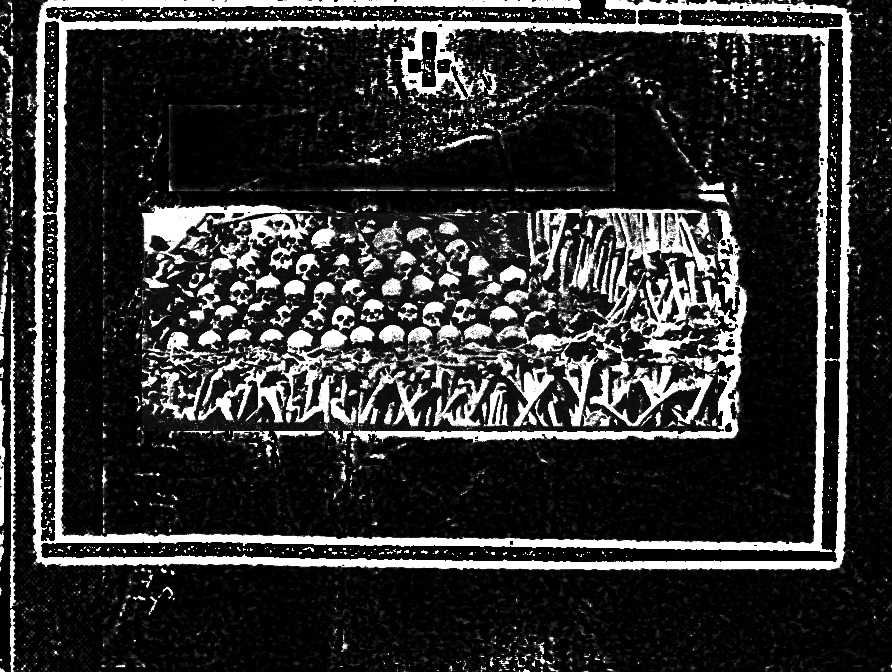




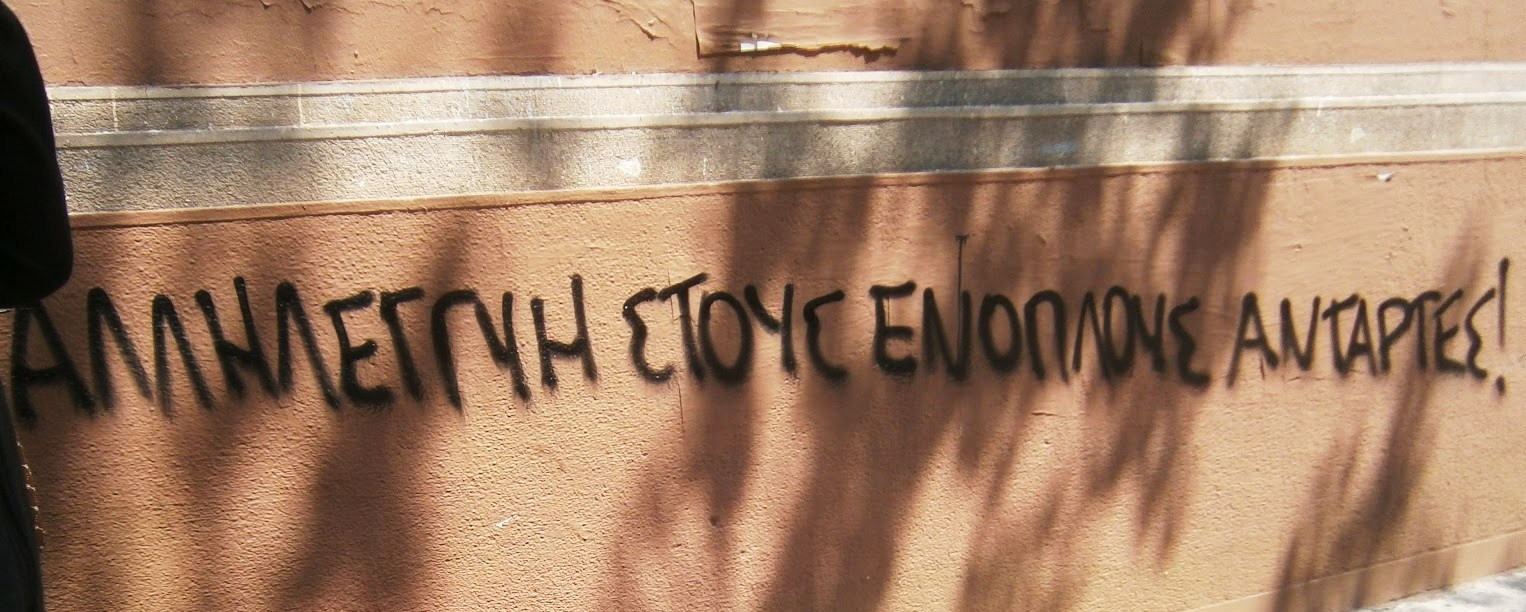

![Eurorepressione - Sulla conferenza a Den Haag sul tema "Anarchia" [corretto]](http://25.media.tumblr.com/tumblr_m0jvngOXtY1qa2163o1_1280.jpg)


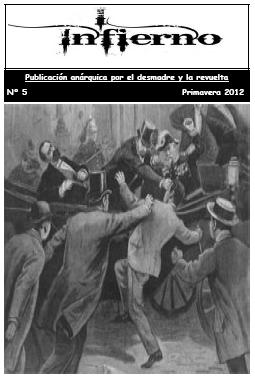
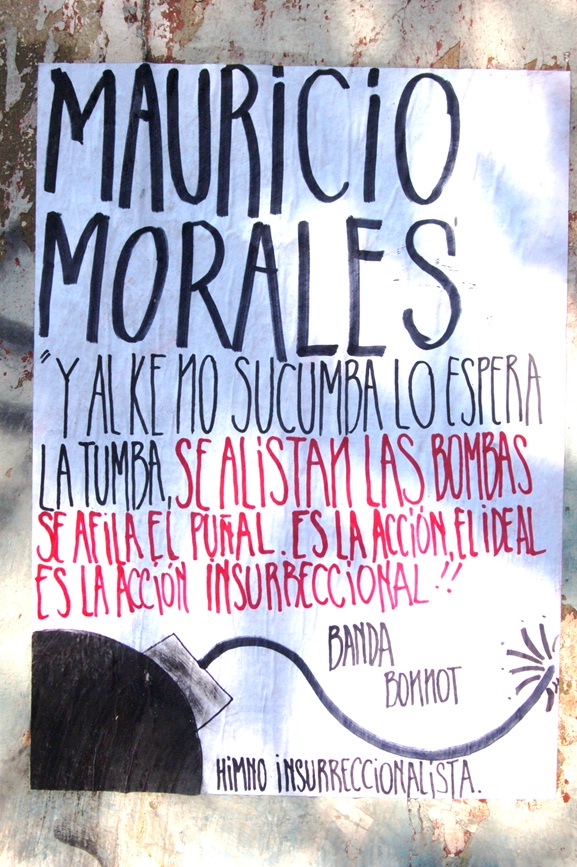
![A tres años de la Partida de Mauricio Morales: De la Memoria a la Calle [Stgo.]](http://metiendoruido.com/wp-content/uploads/2012/05/mmacividad.jpg)

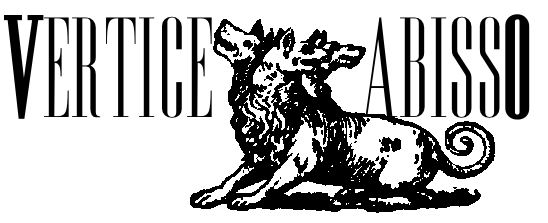



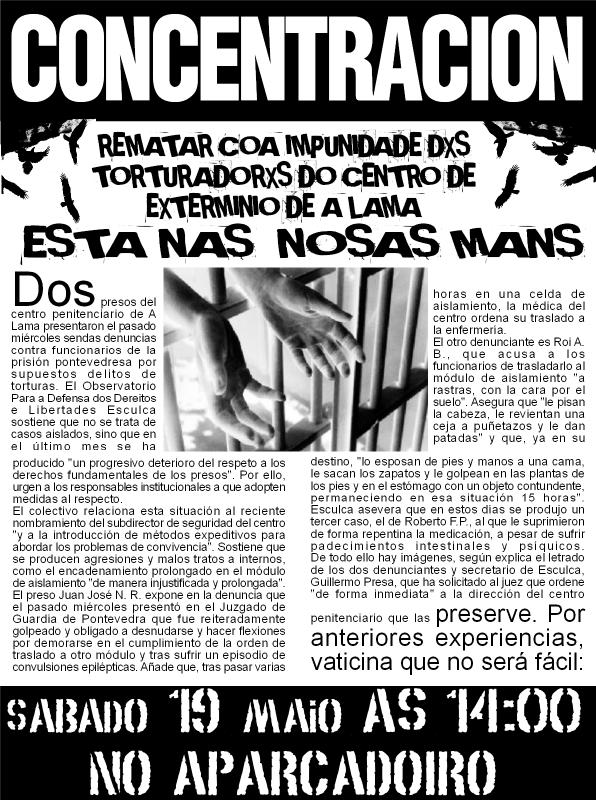













Nessun commento:
Posta un commento